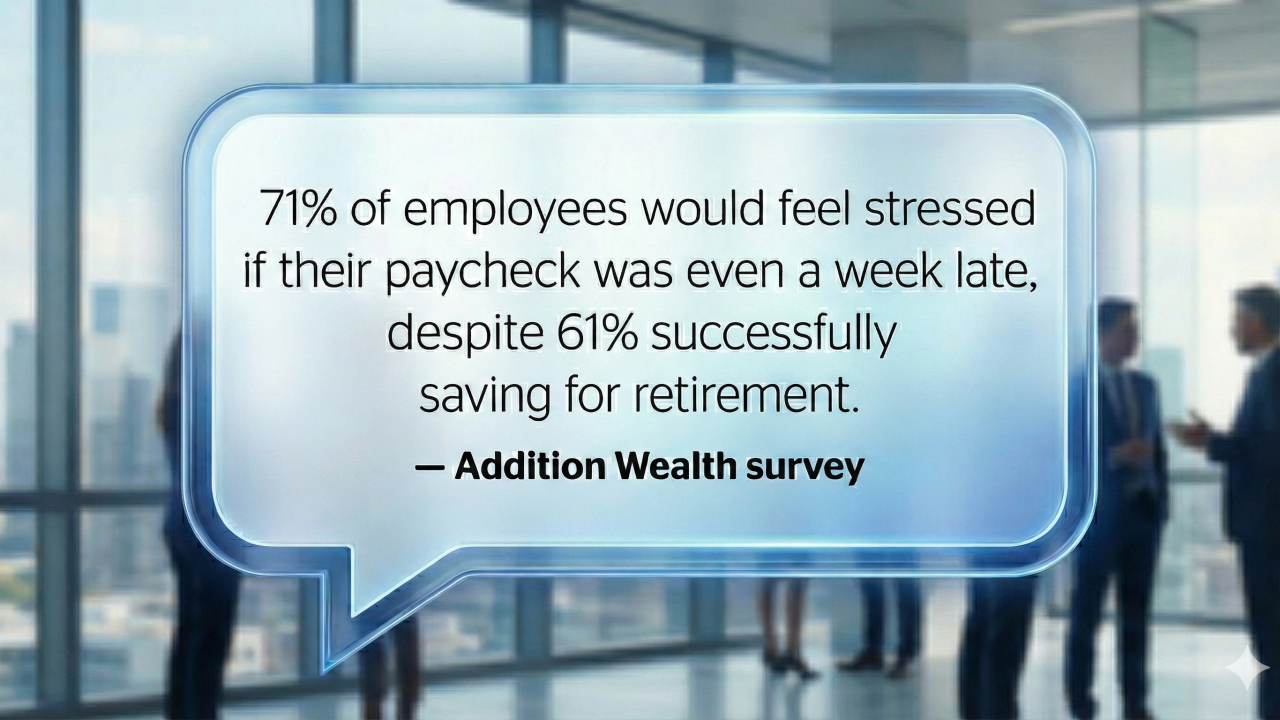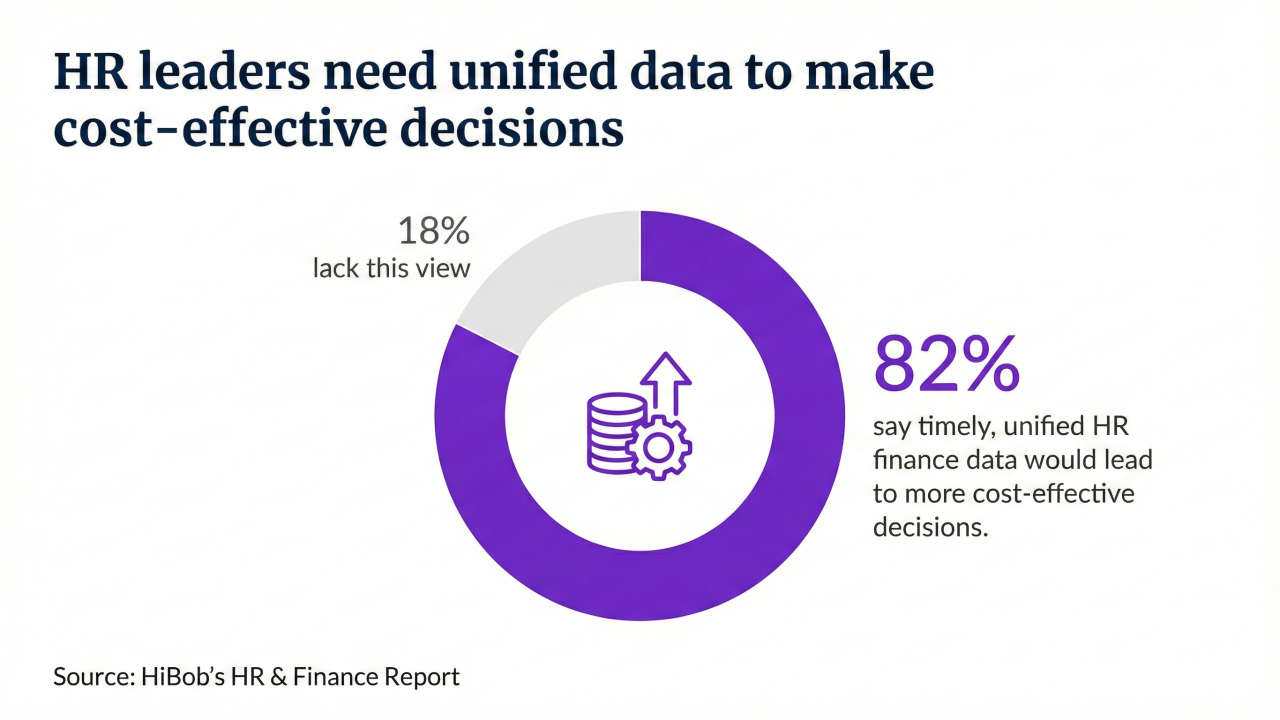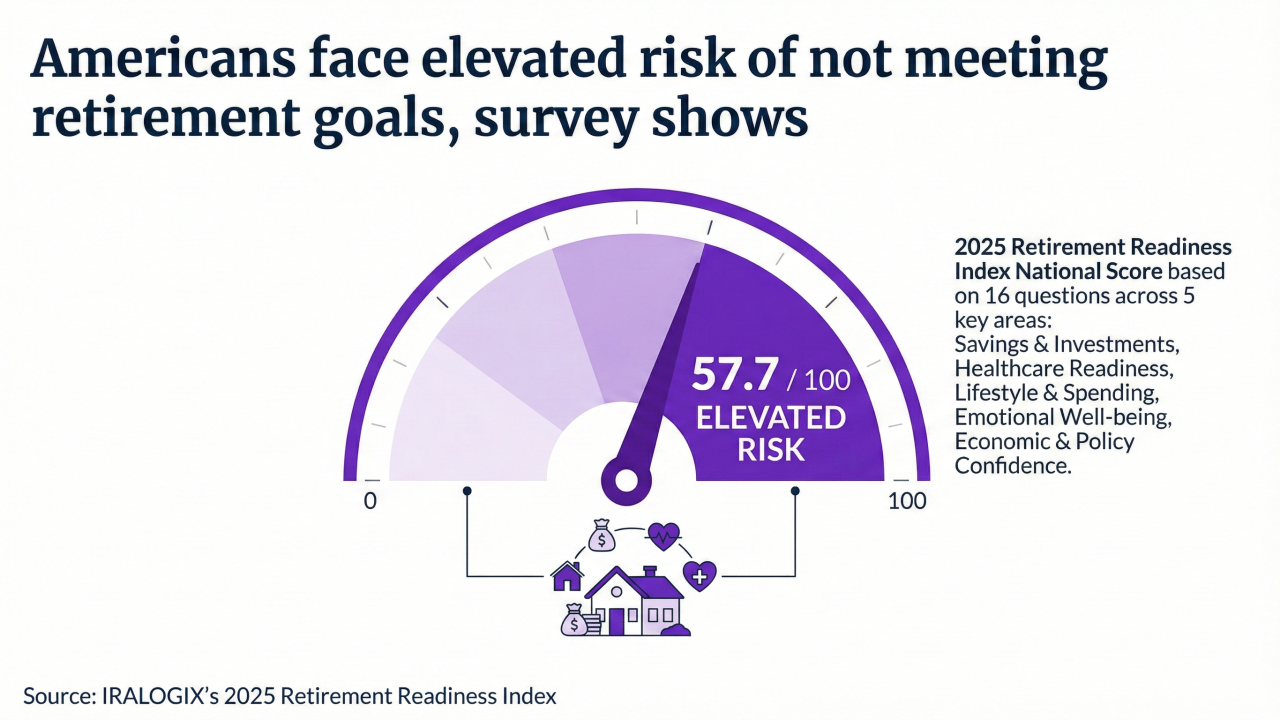Health insurance premiums are on the rise, with the average premium for family coverage increasing by 24% over the last five years, compared to a 28% increase in workers' wages and inflation of 23%, according to data from KFF.
"We're in this vicious cycle where costs are rising, [employers] are shifting them to the worker, which prevents them from getting care or accessing the system, which leads to longer-term, worse healthcare needs," Ashok Subramanian, co-founder and CEO of Centivo, a health plan provider for self-funded employers, told EBN. "You're catching cancer later, diabetes is going unchecked, and then costs go up. Employers need to look for solutions they haven't considered in the past."
Read more: 'It will reverberate': Medicaid cuts will hurt employer health plans
KFF's 2024 annual Employer Health Benefits survey discusses trends in employer provided health insurance premiums coverage, built from data from 2,142 interviews with non-federal public and private firms.
The average annual worker and employer premium contributions for family coverage increased over the past decade, with a 52% increase in premiums between 2014 and 2024. There was a 31% increase in worker contributions between 2014 and 2024.
Read more about the trends in employer provided health insurance premiums coverage.






